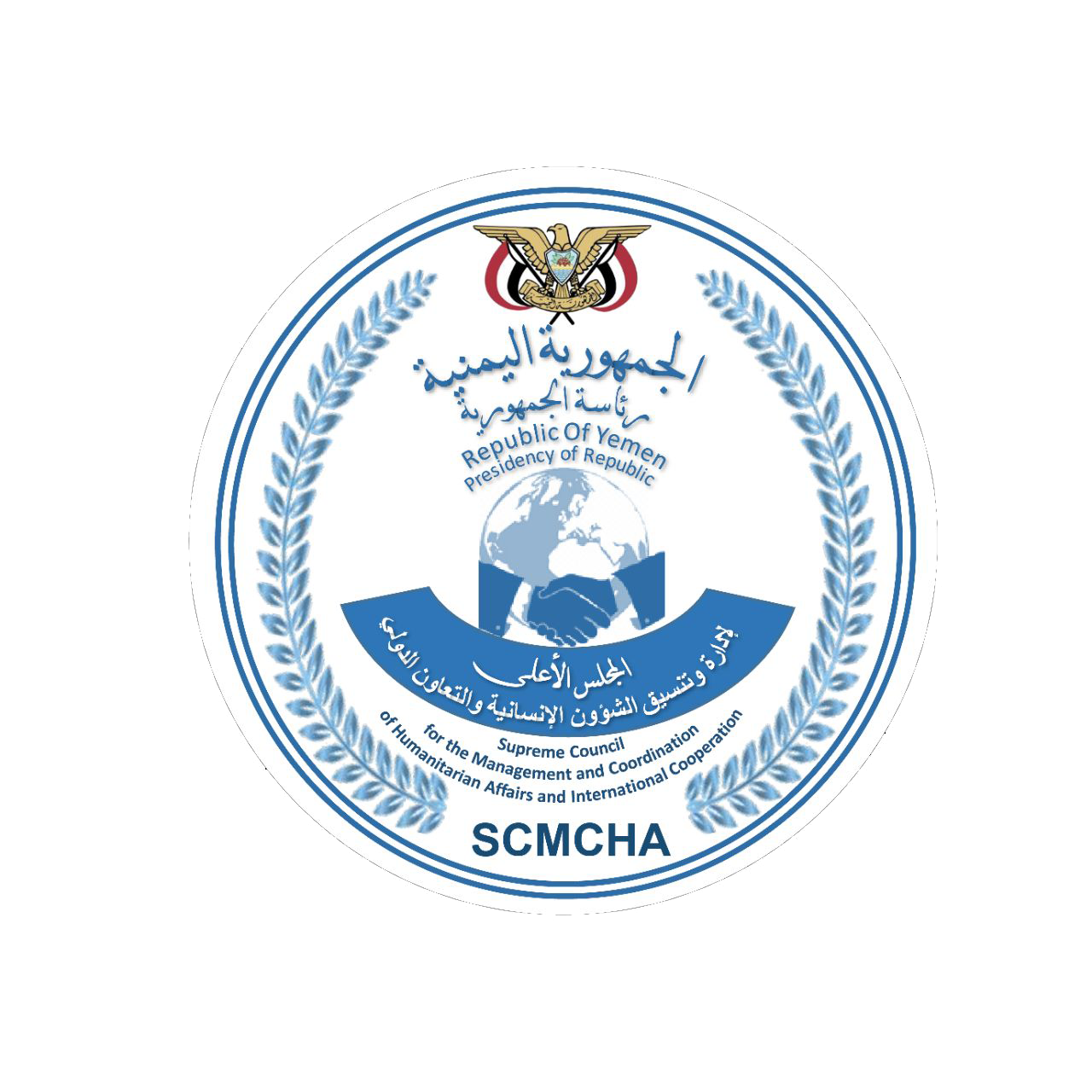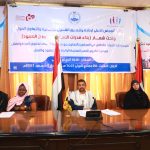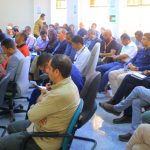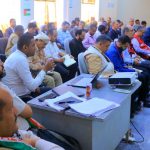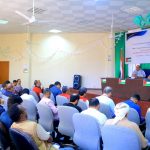Hodeidah: An expanded meeting of international and local organizations to discuss the consequences of the decision to halt food aid
Today, in Hodeidah Governorate, the Supreme Council for the Management and Coordination of Humanitarian Affairs and International Cooperation held an expanded meeting of international organizations and local organizations partnering with the World Food Programme.
The meeting, which was attended by a number of officials and representatives of international and local organizations, focused on the repercussions of WFP to halt food aid in liberated territories under the control of the Supreme Political Council.
In the meeting, Secretary-General of SCMCHA, Ibrahim Al-Hamli, stressed the importance of the meeting to strengthen the partnership between SCMCHA and organizations working in the humanitarian field.
He touched on the suffering that will be caused by WFP’s decision to stop providing food aid to displaced and affected citizens and the poorest families in liberated territories in various sectors, which will lead to aggravation of human suffering in a way that poses a threat to the lives of millions.
Al-Hamli warned of the serious effects resulting from the decision to halt food aid, and its impact on millions of Yemenis who suffer from acute malnutrition, stressing that this decision will have negative repercussions on the most vulnerable groups of children, women, the sick, and the families most in need, and the rate of malnutrition will increase and deteriorate health conditions.
He pointed out that the SCMCHA made great efforts with WFP and proposed a number of solutions to ensure the continued disbursement of humanitarian aid to the most needy people, but they were rejected.
The Secretary-General of SCMCHA stressed the importance for WFP and international and local organizations to assume their humanitarian responsibilities and tasks with complete impartiality, separate the humanitarian file from the political one, and avoid the politicization of aid.
He indicated that the repercussions of the decision to stop aid are disastrous and dangerous for the Yemeni people, blaming the Food Program for the consequences of this decision.
Al-Hamli called on WFP to withdraw from stopping food aid and work to continue disbursement because of its importance in alleviating the humanitarian suffering of the Yemenis.
The meeting was attended by the General Directors of SCMCHA branch in Hodeidah, Jaber Al-Razhi, SCMCHA’s Monitoring and Evaluation Officer, Muhammad Al-Razza, and local organizations, Abdul Salam Al-Nawab.
